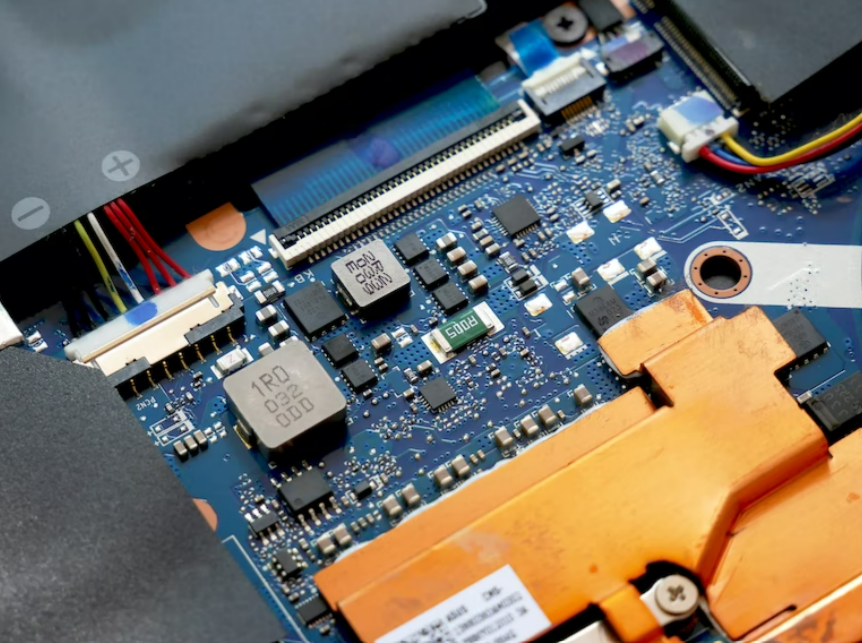China saw a sharp fall in its semiconductor imports in the first two months of 2023. According to the data published by the Chinese customs department, the country’s chip imports fell by 27% in January and February 2023. It is unsurprising that imports have declined, considering that China experienced a 15% decrease in semiconductor imports last year, the first drop of this magnitude in two decades.
According to data published by the General Administration of customs, China imported 67.6 billion Integrated Circuits (IC) in the last two months which is 26.5% less than the imports for the same period in the previous year. The total value of imports also fell from $68.8 billion to $47.8 billion, which is a 30.5 % fall. Even though the global chip prices are falling, China is not able to take the advantage of the competitive pricing as it is facing major restrictions on trade from the US.

The ongoing US-China Trade War:
Last year the US banned the sale of advanced chips used for artificial intelligence and cloud computing to China. The Biden administration not only banned the sale of chips but also the sale of semiconductor technology, manufacturing equipment, and personnel. The US has not only banned its companies from exporting semiconductors and related technology to China but also roped in allies like Japan, Netherlands, Taiwan, and South Korea to stop their companies from exporting semiconductors to China.
The sanctions and curbs have limited China’s options for import as major semiconductor companies like Nvidia, ASML, Tokyo Electronics, and more are now barred from selling their advanced technology and products to China. To make matters worse, Washington is now planning to limit the use of semiconductors manufactured within China by foreign companies that use US technology. This means companies like Samsung and SK Hynix which have their fabrication units in China may not be allowed to manufacture and sell chips made in China.
Effects of US sanctions on the Chinese Semiconductor Industry:
The US-China trade war started in 2018 when then-president Donald Trump imposed sanctions and tariffs on exports to China in order to stop alleged unfair trade practices and intellectual property thefts.
The US has already added Chinese tech giants Huawei and ZTE to the infamous entity list. The list has more than 639 Chinese or China-related businesses and individuals on the trade blacklist. Companies on the entity list are banned from receiving US-origin goods, services, and technology.
China’s biggest chipmaker SMIC is also on the entity list. This has hindered the expansion plans of SMIC as the mass production at SMIC Jingcheng is postponed by a couple of quarters due to a delay in getting bottleneck equipment from foreign companies.
China is the world’s largest semiconductor market and accounts for almost one-third of global sales. The semiconductor industry plays a vital role in the country’s technology sector and accounts for almost 30% of the GDP. However, the country is not self-sufficient in this field, as it is heavily dependent on foreign nations for advanced technology and equipment.
Though the semiconductor imports have declined in 2023, other manufacturing industries have revived and grown in the last two months after China withdrew its zero-covid policy in December 2023.
- China Said to Use Whole Nation Approach to become Self Reliant in Semiconductors and Combat US
- US May Set a Cap on South Korean Semiconductors Made in China
- US Export Controls Could Cause Long-Term Harm to Global Semiconductor Industry: CSIA Warns
- Best Music Streaming Apps for Android 2023
(source)







